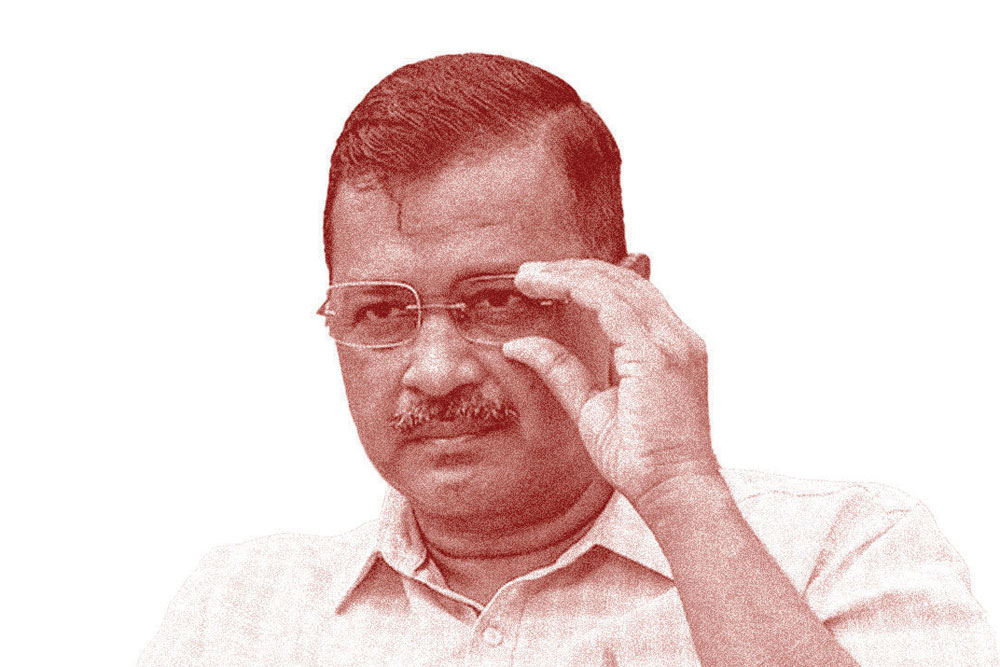News Briefs
Expansion of BRICS a huge setback to the world order dominated by the US: Prof Wolff
Thanks to six new members, BRICS represents more than half of the world’s population and 43% of global oil production
 Ullekh NP
Ullekh NP
 Ullekh NP
25 Aug, 2023
Ullekh NP
25 Aug, 2023
![]()
Richard D. Wolff, American economist, public intellectual and radio host
The inclusion from January 1 next year of six new members to the grouping known as BRICS, which currently comprises Brazil, Russia, India, China and South Africa, is a loud proclamation that a new world economy is here, an economy that is no longer dominated by the US and its allies, says renowned American economist and public intellectual Richard D. Wolff.
“Every Global South country now has two options, not one, in securing development loans, grants, investments, and trading partners. The two (the West and BRICS) will compete to secure contracts and deals,” notes Wolff, Professor of Economics Emeritus at the University of Massachusetts, Amherst, and a Visiting Professor in the Graduate Program in International Affairs at the New School.
An alumnus of Harvard College, Stanford University, and Yale University, Wolff says that this development is momentous as it alters the global economic status quo in place since 1945. “The single key statistic cementing this situation is that the total GDP of the G7 is now several percentage points smaller than the total GDP of the BRICS (before expansion beyond the five current BRICS members).”
The new members of BRICS, announced at its Johannesburg summit, are Saudi Arabia, Iran, the UAE, Argentina, Egypt and Ethiopia. This means the new BRICS will represent more than half of the world’s population and, thanks to the presence of major oil-producing countries in the Middle East, account for 43% of global oil production. Ethiopia is one of the fastest-growing economies in Africa, and Argentina is a major producer of crucial metals and has seen a boom lately in lithium mining.
Wolff, author and host of a weekly programme titled ‘Economic Update’ and founder of the media platform ‘Democracy at Work’, points out that in the longer run, the rise and expansion of BRICS mark the further decline of the US empire and thus of US capitalism that significantly depends on that empire. “The declining global economic footprint of the US, the decline of the US dollar as a central bank reserve holding, the decline of the dollar as the global trading, investment and loan currency – these are all signs and symptoms of the reduced US role,” says the veteran economist who had earlier taught economics at Yale University and City University of New York.
Although it is a multilateral organization unlike the United Nations or the World Bank, BRICS’ focus areas include geopolitics and economic cooperation. Formed as BRIC in 2009 and initiated by Russia, South Africa was added to the grouping in 2010. It was founded with the aim of challenging the world order dominated by the US. As of now, 40 more countries have expressed interest in joining BRICS.
Algeria, Bolivia, Indonesia, Cuba, Democratic Republic of Congo, Comoros, Gabon, and Kazakhstan are some of the countries that have expressed interest in joining the forum, according to a report by Reuters that quoted a statement from the government of South Africa, which chaired the latest BRICS annual summit that ended on August 24. Incidentally, BRICS had in 2015 created the New Development Bank (NDB), formerly called the BRICS Development Bank, with the aim of “mobilising resources for infrastructure and sustainable development projects in emerging markets and developing countries”.
Wolff says that the US’s experience now is what the British Empire and British capitalism had suffered in the century before 1945. “The consequences of the US decline are already visible domestically in a strange and dangerous domestic civil splitting, the bizarre politics of (Donald) Trump, the resurgence of white supremacy, and so on. Taken together these are symptoms of a destabilising US.”
As with the challenges for an expanded BRICS bloc, Wolff explains, “There are, of course, differences, tensions, and conflicts among the BRICS (both the first five and now even more among the additions to come). Much the same is true among the G7. Then too there are splits within countries in both blocs: splits in each blocs’ leaderships over how to engage in this new global economy and also splits between employers and employees within each country in both blocs. These splits will shape how the blocs evolve every bit as much as the evolving new global economy will influence those splits. When one adds to all that the effects of the climate crisis and the world’s inadequate response to that so far, the easy prediction is that a time of major social change is bearing down on us all.”
He also cautions. “One key question now is whether the US will deploy military means to try to control or reverse its decline or whether a global accommodation between the G7 and the BRICS will become US foreign policy.” According to him, strong forces within the US business community favour and fund movement toward accommodation. Those desperate for a return to the times of the US Empire and the US economic growth it funded will push toward military adventures such as those in play in the Ukraine War, he warns.
/wp-content/uploads/2023/08/Richard_D._Wolff_in_2015-1.jpg)

/wp-content/uploads/2025/01/Cover_Kumbh.jpg)












More Columns
The lament of a blue-suited social media platform Chindu Sreedharan
Pixxel launches India’s first private commercial satellite constellation V Shoba
What does the launch of a new political party with radical background mean for Punjab? Rahul Pandita